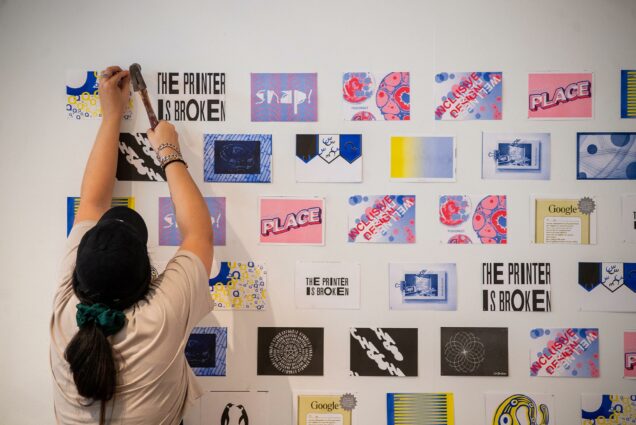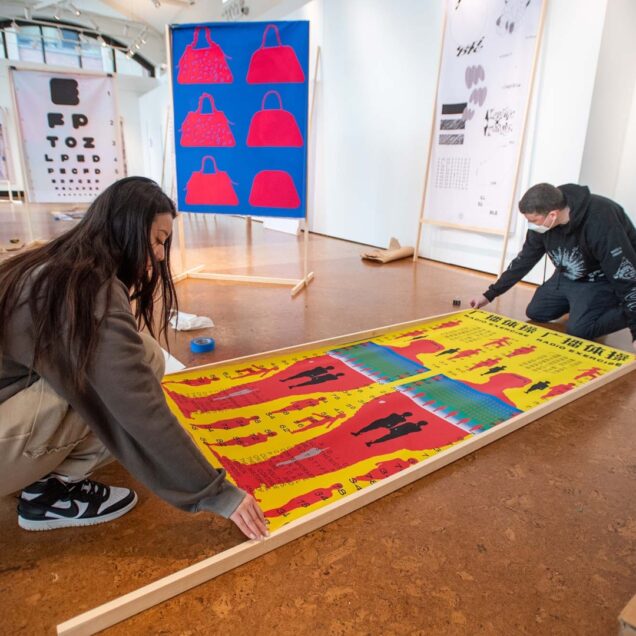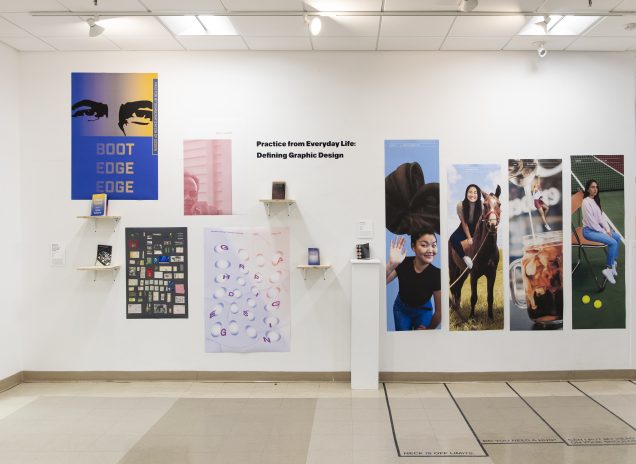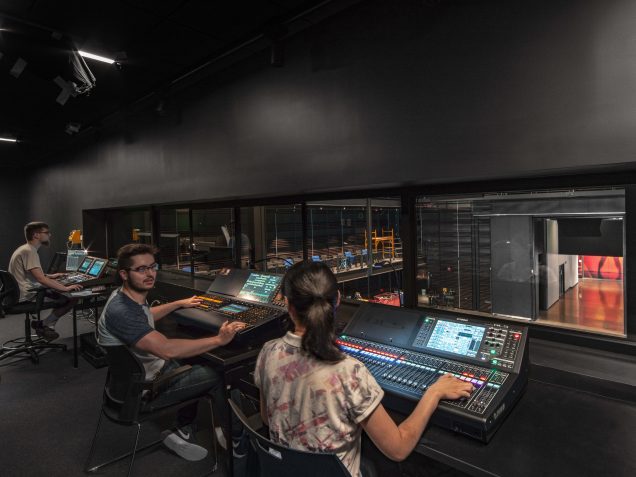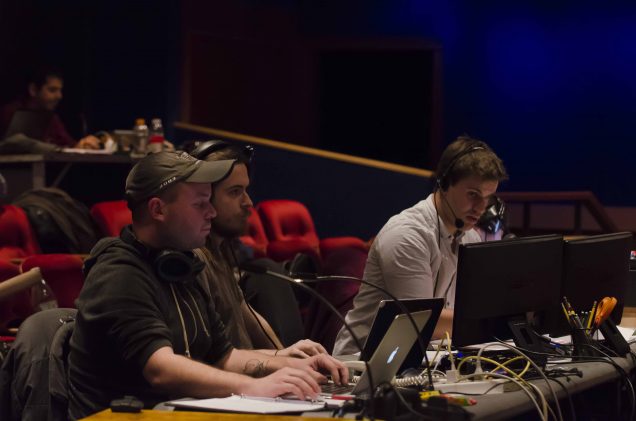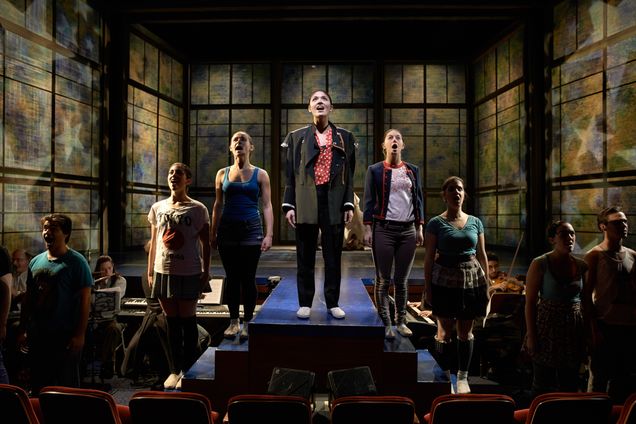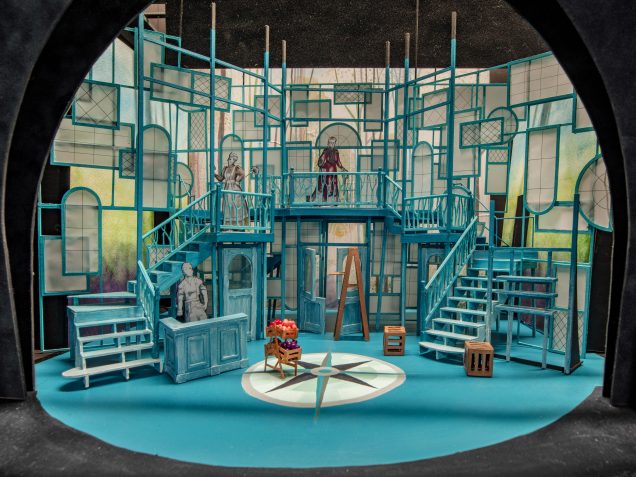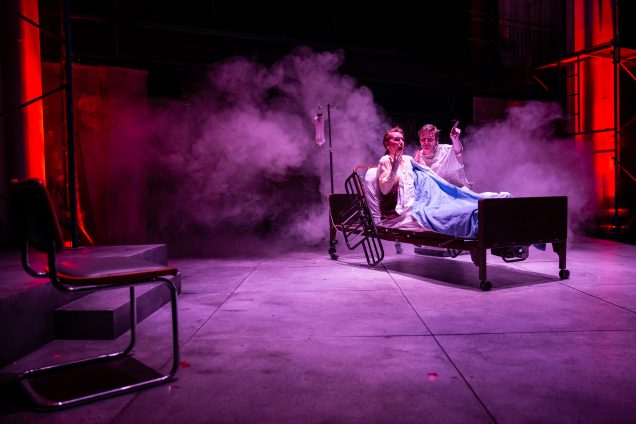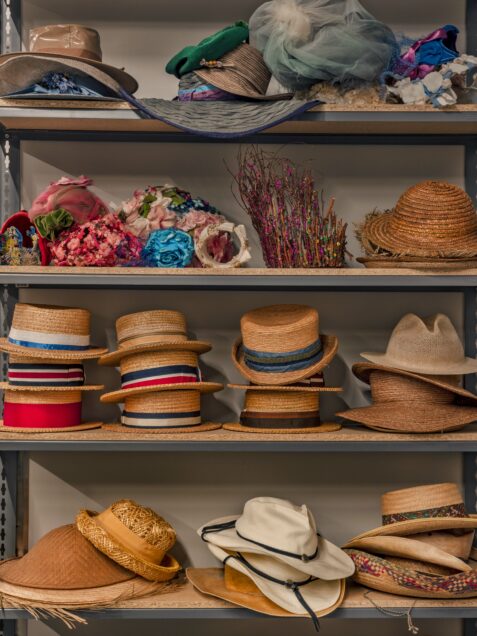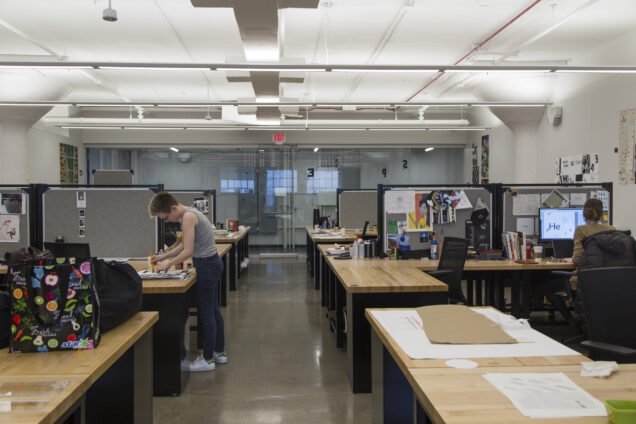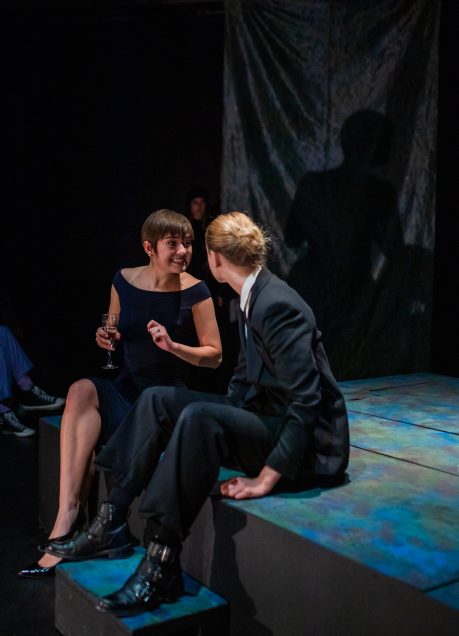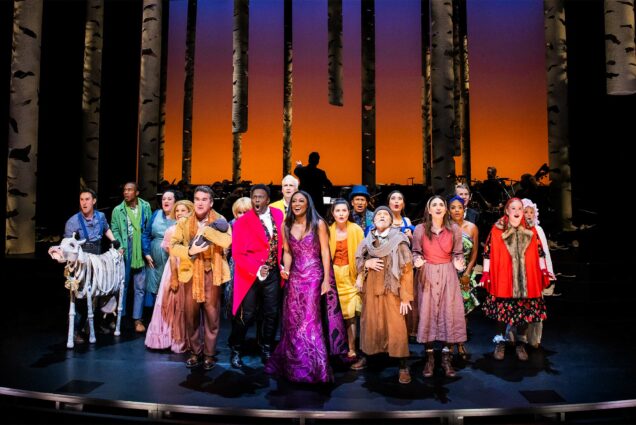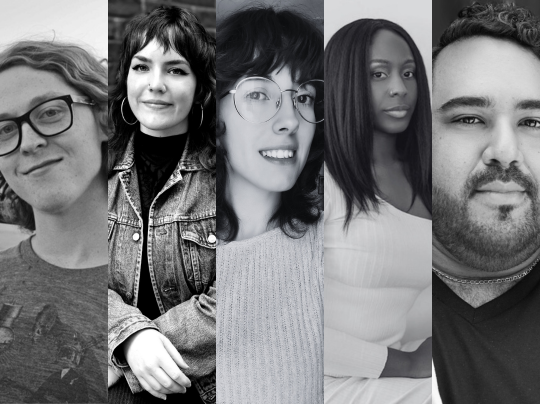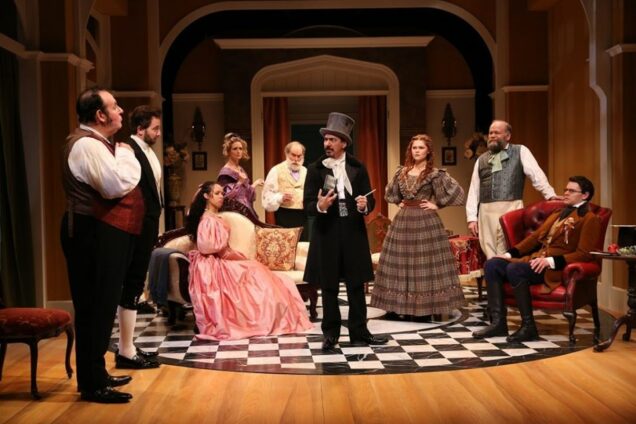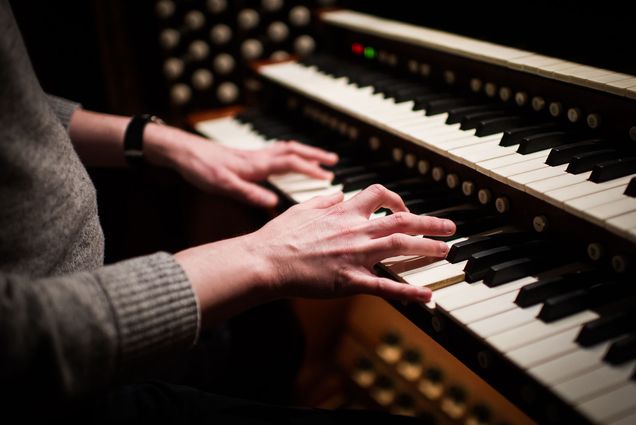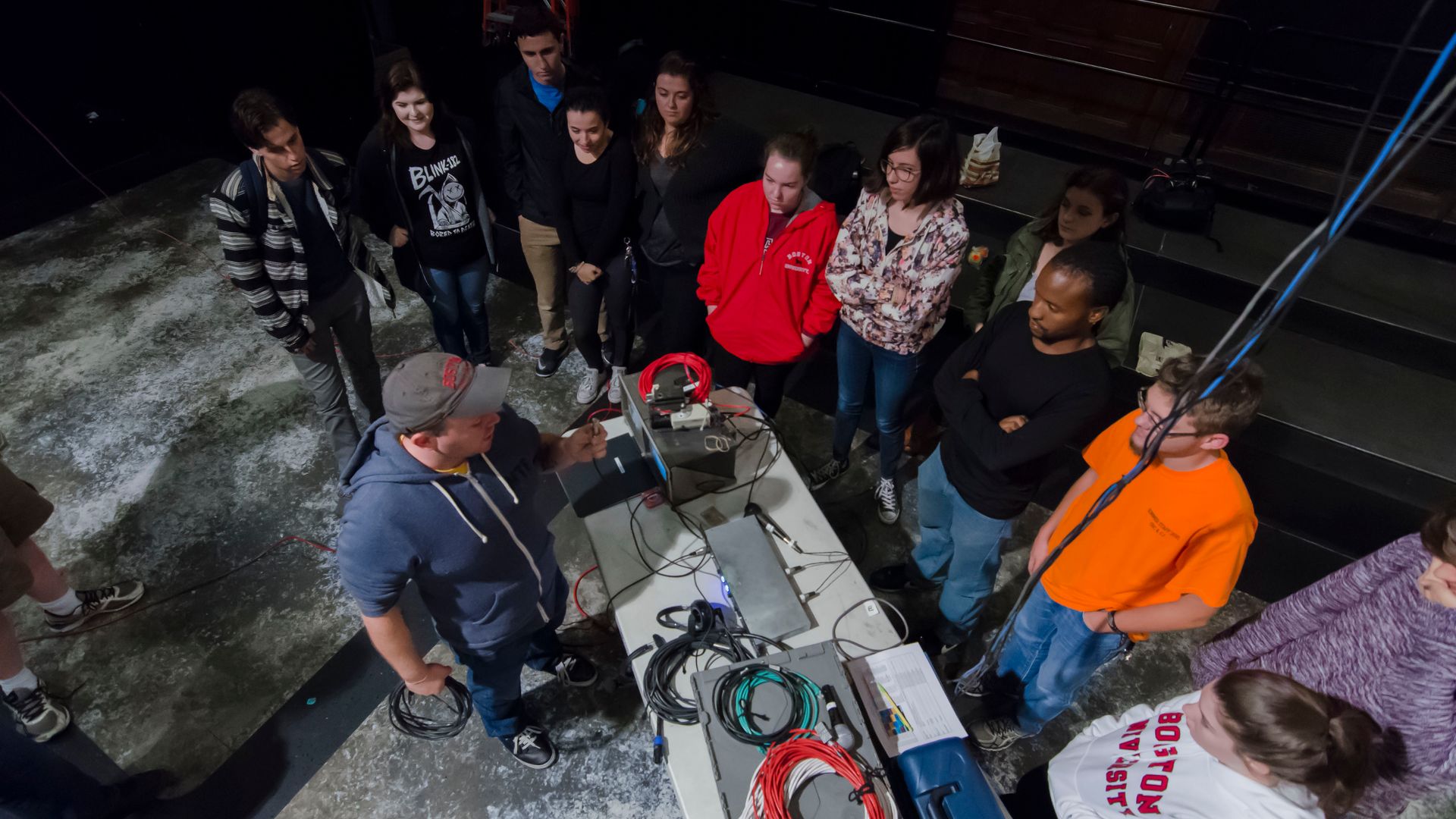
Where technology and storytelling meet.
Boston University’s sound design programs stand firmly on a dual foundation: encouraging students to think creatively about sound for theatre in musical and unconventional ways, and guiding each student in the development, implementation, and execution of their designs.
As a BFA or MFA Sound Design student, you’ll…
- DEFINE an identity for yourself as a sound designer and artist
- Develop the skills necessary to enter into the theatre industry with TECHNICAL COMPETENCE and ARTISTIC INTEGRITY
- Gain skills in DIGITAL AUDIO MANIPULATION and AUDIO SYSTEMS DESIGN, as well as the necessary understanding of signal flow, interconnection, audio and control systems networking, MIDI, production intercom systems, and video
Under the leadership of Assistant Professor David Remedios, whose teaching is informed by his extensive award-winning work in numerous New England-area theatres and universities, students in BU’s sound design programs work alongside each other extensively, as designers, assistants, and system and production audio engineers.
At BU, they learn there is no “one way” of approaching a design challenge. Each project provides unique collaborative opportunities. Our program is focused on the creative challenges and development of artistic theatre practice, with technology being a means to an end.
Graduates of BU’s sound design programs go on to work at all levels of theatrical production, including commercial, non-profit, and educational.

Meet BU’s Sound Design Program Head
Aside from training future sound designers at BU, David Remedios is a Boston-based sound designer and composer who has designed extensively for theatre and dance around the globe. His work has been honored with an Elliot Norton Award, a Connecticut Critics’ Circle Award, and four Independent Reviewers of New England (IRNE) Awards.
In CFA’s Faculty Feature series, Remedios shares with CFA the importance of the technology behind sound design, but more importantly, the significance of connecting sound to the story.
“I like to think about the musicality of sound, specifically how sound can be used as a design element in theatre. How does sound contribute to the dramatic effect of the story we’re telling?”
In the Q&A, Remedios also talks about his teaching philosophy, and how he and his faculty foster the notion, especially in young artists, that it is okay to make mistakes, and how the exploration and experimentation process is key in developing an artist’s voice.
Degrees Offered
Featured Faculty
-

James McCartney
Lecturer, Sound Design
-
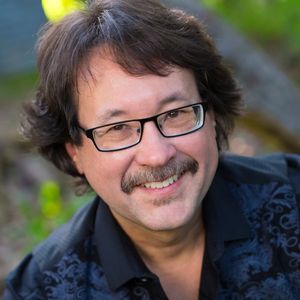
David Remedios
Assistant Professor & Program Head, Sound Design
-

Ben Sigda
Lighting and Sound Shop Manager

